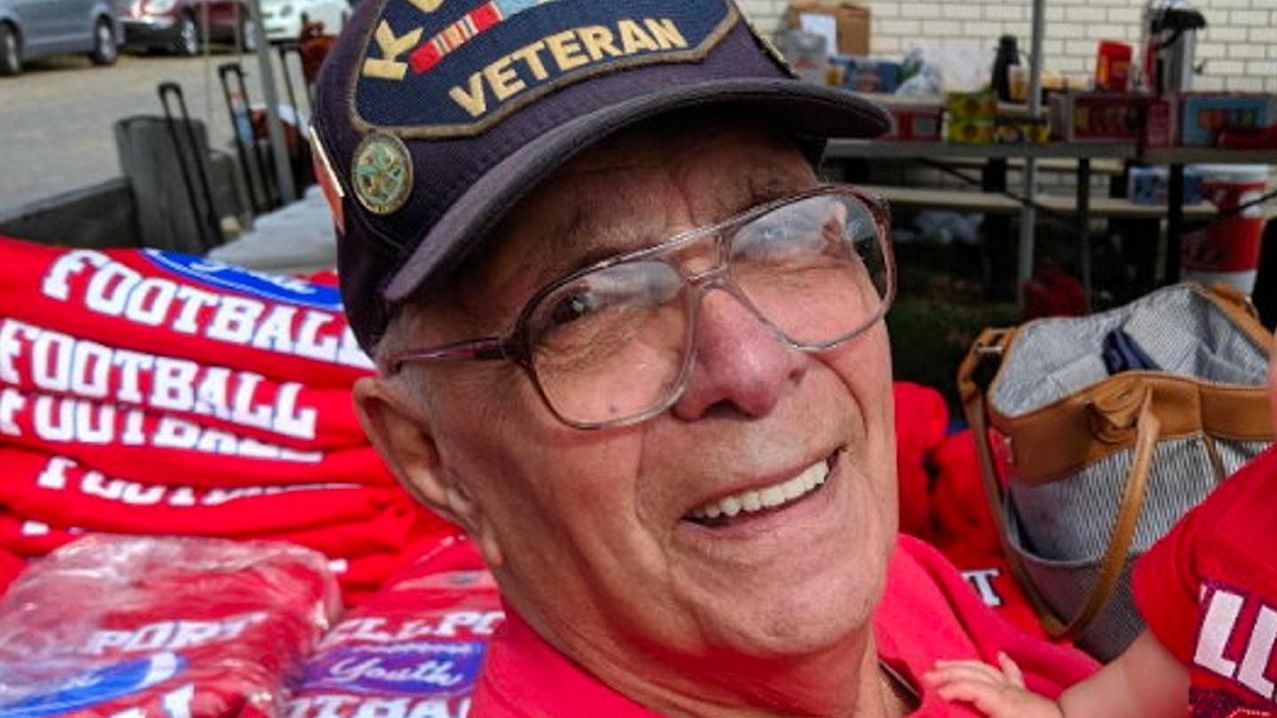Local Sports Hero Jack Mango: A Lifetime of Inspiring Young Athletes on Long Island

Passionate about inclusivity in youth athletics, he championed the belief that every child deserves a chance to experience the joy, growth, and teamwork of sports—regardless of their family's economic circumstances. His vision was simple yet powerful: breaking down financial barriers to ensure that no talented young athlete is left on the sidelines due to monetary constraints.
